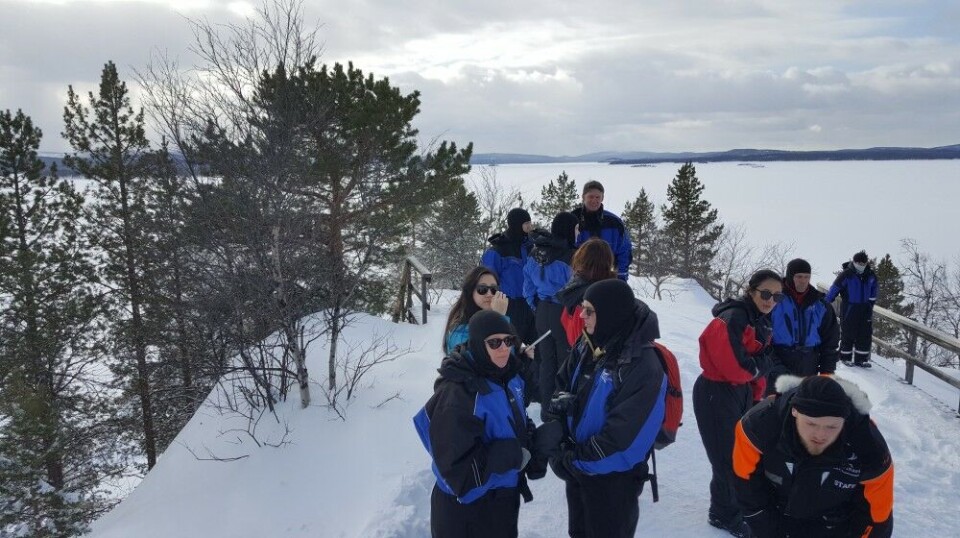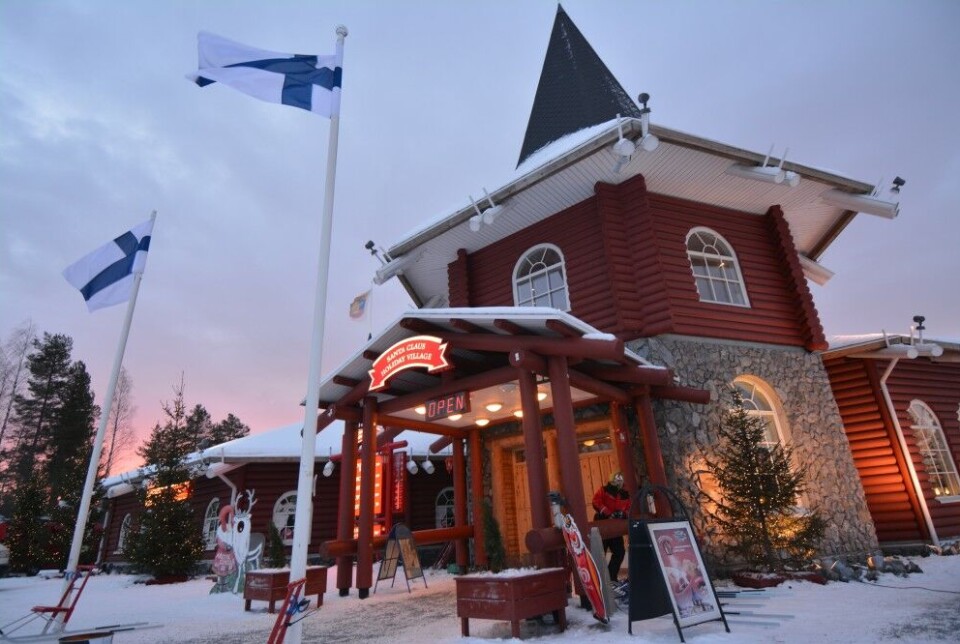
Many tourism firms in Finnish Lapland violate labour laws, say union and hospitality association
Some companies illegally order foreign workers to attend weeks of training without pay – or even charge them for such orientation sessions, say industry insiders.
The winter tourism season in Lapland is just beginning, but labour groups in the industry have already received dozens of reports of seasonal workers being misled in ways that violate collective agreements.
There are a growing number of firms operating in northern Finland’s tourism sector that disregard labour laws and general ethical standard in the industry, according to the Service Union United PAM and the Finnish Hospitality Association (MaRa).
For example, PAM says many employees have been illegally required by employers to take part in unpaid training sessions lasting up to several weeks – and in some cases even charged for them, according to Henna-Kaisa Turpeinen, the union’s regional manager for northern Finland.
“We know of about 100 employees who have participated in unpaid orientations this autumn. Most of them are of foreign origin,” Turpeinen says. She added that many have travelled here at their own expense from Europe or Asia and are unfamiliar with Finnish labour laws.
One Asian employee, for instance, had an employment contract starting in mid-October. However, she was told she had to arrive in Rovaniemi, the regional capital, two weeks earlier to participate in mandatory job training.
No salary was paid for these orientation days – on the contrary, she and other seasonal workers for the same company were billed by the company for attending them.
“At the time, I thought all employers here acted like this. I only heard later that wages should have been paid for the orientation period,” she tells Yle. Her employment contract also listed an hourly wage that was significantly lower than that set by the sector’s collective agreement.

The wild, wild North
Turpeinen finds it worrying that the phenomenon of unpaid training, for example, reappears year after year, even though it is clearly illegal.
“This is not a new phenomenon, but this autumn has emerged exceptionally early. Usually, such cases only come to our attention at the end of the season,” she says.
Turpeinen notes that many workers plan their trips to work in Finland months ahead of time.
“Many employees have travelled a long way and expect everything to be okay,” she says. “But when you have to go without pay for two weeks straight, it’s a big shock for many.”
The Asian employee found another job, but the union is investigating her case. Her previous employer has received several warnings in recent years for violating collective agreements.
“No intention of following the law”
“The entire tourism industry in Lapland should not be stigmatised because of companies like this,” says Timo Lappi, CEO of the hospitality employers’ group, MaRa.
According to Lappi, there are hundreds of companies offering tourism services in the region but most of them do not belong to the employers’ organisation and don’t comply with collective agreements or labour legislation.
“It’s clear why such companies that deliberately break the law don’t want to belong to employers’ groups. They have no intention of following collective agreements, the law or our ethical code,” he asserts.
He further added that the bigger companies operating in the Lapland tourism sector do follow the law and they are members of MaRa, with the firms suspected of bending the rules making up a small minority.
--------------------------------------------
This story is posted on the Barents Observer as part of Eye on the Arctic, a collaborative partnership between public and private circumpolar media organizations.













